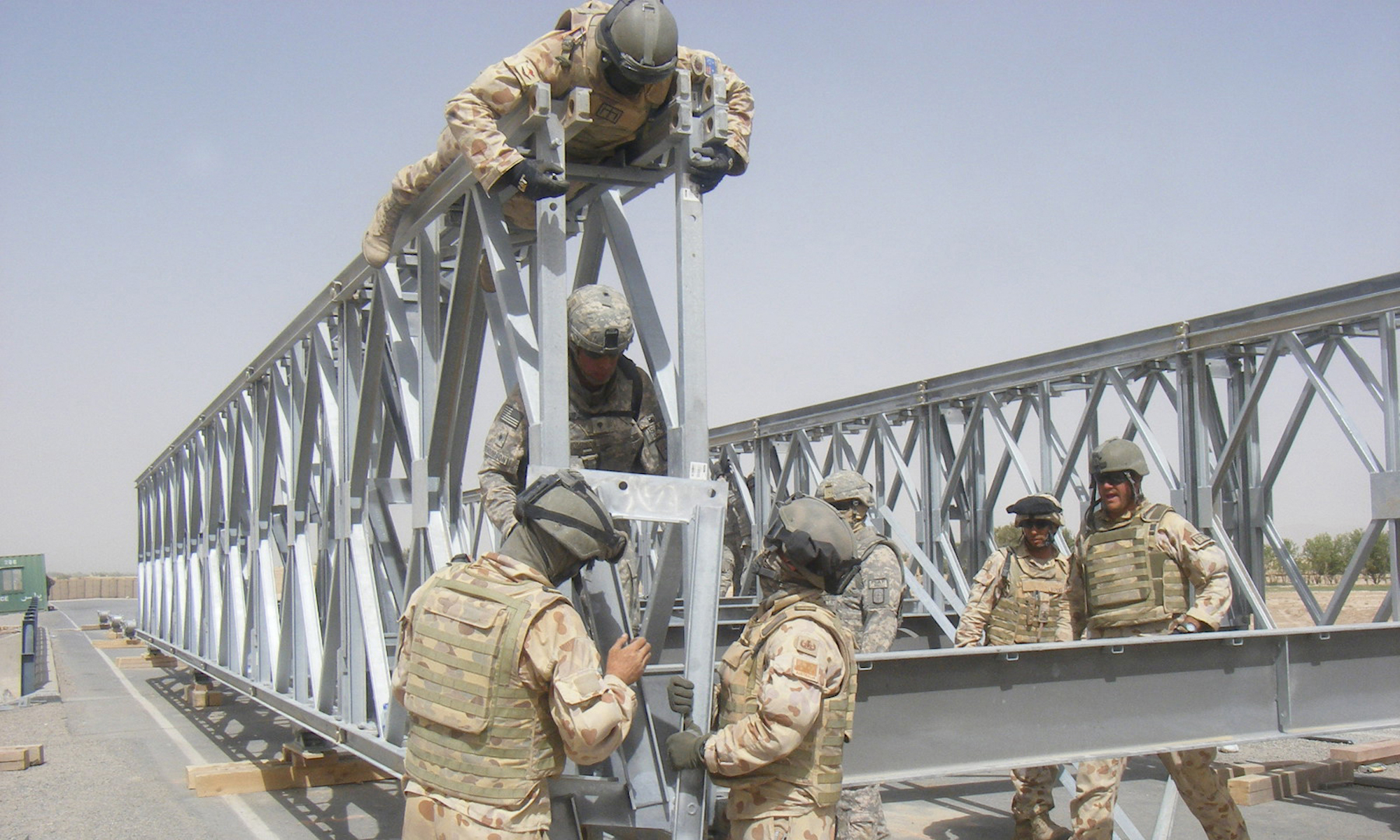Theories of jus post bellum have tended to be what I call `restricted’, in that they have focussed on the norms to govern the ending and immediate aftermath of a just war. But the goal of building a just peace, which is the ultimate aim of a just war, often places rather longer-term responsibilities on the shoulders of the victorious just, especially where occupation of the defeated unjust state is required (the scenario on which I concentrate). Given the variety of possible post-conflict situations, then, we should expect there to be various conceptions of jus post bellum, sensitive to the context-specific demands of the `just peace’ objective. This article therefore sets out the case for an `extended’ theory of jus post bellum which is likely to be required in, for example, occupation scenarios. But, having argued that `restricted’ conceptions do not fully lay out what might be reasonably expected of just occupiers, the article then contends that the `extended’ considerations may be in significant tension with another post- bellum requirement, namely, the obligation to restore sovereignty to the occupied state as soon as is reasonably feasible. Various ways of negotiating the tension are discussed and found to be wanting. Given that just war theory in general is supposed to be action-guiding, the concern is that an extended jus post bellum may be unhelpfully action-disorienting. The ostensibly strong case for it is therefore cast into some doubt and some implications for how the obligations of peacebuilding for just occupiers should theorised are considered.

INSCT Postconflict Research Database
The Institute for National Security and Counterterrorism's Postconflict Research Database & Analysis Project stores cross-indexed bibliographic information on hundreds of journal articles, books, book chapters, and case reports that address the broad, interdisciplinary fields of postconflict reconstruction, stabilization, and peacebuilding.
42 Replies to “Balancing Peace, Justice and Sovereignty in Jus Post Bellum: The Case of ‘Just Occupation’”
Comments are closed.